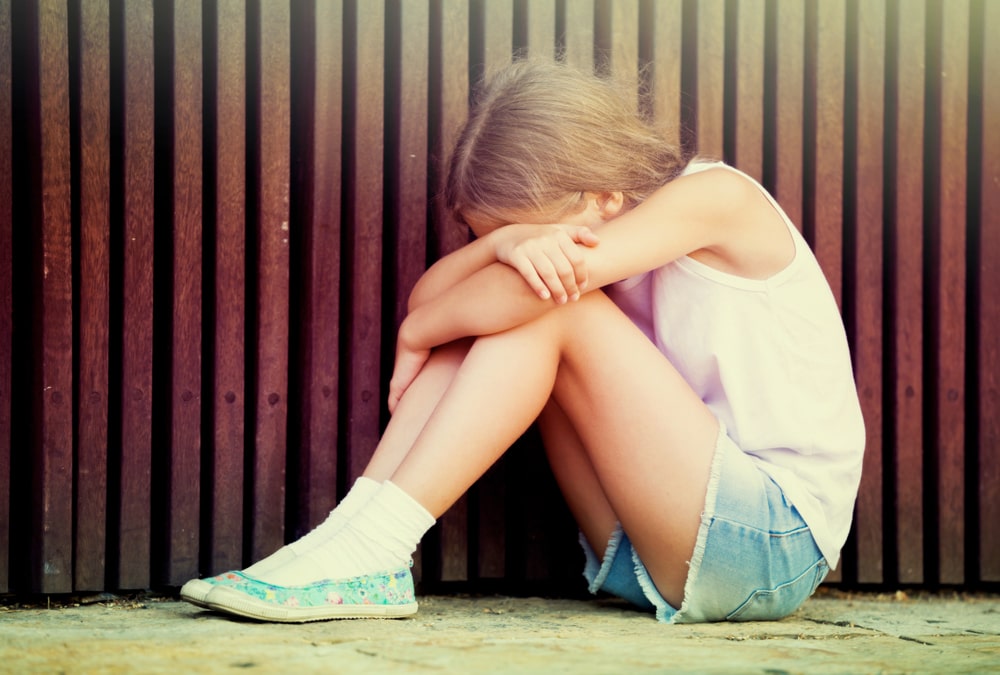Childhood adversity is a broad term that refers to a wide range of circumstances or events, such as parental divorce, witnessing intimate partner violence (IPV), parental mental illness, and maltreatment (e.g., sexual abuse, physical abuse, emotional abuse, neglect, etc.) that pose a serious threat to a child’s physical or psychological well-being. Research shows that such experiences can have detrimental consequences, particularly when they occur early in life, are chronic and/ or severe, or accumulate over time. For example, the effects of childhood adversity can become biologically embedded during sensitive periods of development and lead to lifelong physical and mental health problems. Harvard University states that “children with the highest levels of exposure to adversity are more than four times as likely to develop a mental disorder by the time they reach adulthood than children who have not experienced adversity.” Suffice it to say, childhood adversity can have a profound and lasting impact on teen mental health.
Children maintain a high degree of brain plasticity which facilitates learning and adaptation to the environment, paving the way for the development of socioemotional and cognitive skills. Empirical evidence confirms the notion that humans store memories, experience, and emotions on a cellular level. Hence, early childhood experiences play a large role in how the brain develops and functions. An article published in Translational Psychiatry states that “early life adversity during periods of heightened plasticity may alter developmental trajectories via complex neurobiological and stress-mediated mechanisms that, in turn, increase the risk of socioemotional and behavioral difficulties in children and youth.” Childhood adversity can disrupt healthy attachment patterns with caregivers. Teens may struggle with attachment issues, leading to difficulties in forming and maintaining relationships, which can contribute to depression, anxiety, and personality disorders. While adversity in childhood is known to raise the risk of numerous health problems (e.g., diabetes, heart disease, cancer, mental illness, etc.) in adulthood, it is important to bear in mind that it does not inevitably predestine teenagers to poor outcomes.
For Information and Support
Every family in need of mental health treatment must select a program that will best suit the needs of their family. When one member of a family struggles, it impacts everyone in the family unit. To maximize the benefits of treatment we work closely with the entire family to ensure that everyone is receiving the support they need through these difficult times.
Seeking help is never easy, but you are not alone! If you or someone you know needs mental health treatment, we strongly encourage you to reach out for help as quickly as possible. It is not uncommon for many mental health difficulties to impact a person’s life, long term. Pursuing support at the beginning of one’s journey can put the individual in the best position to learn how to manage themselves in a healthy way so they can go on to live happy and fulfilling lives.
OUR KNOWLEDGEABLE ADMISSIONS TEAM CAN BE REACHED 24/7 AT INFO@PACIFICRTC.COM OR CALL: 800-531-5769
We are available to answer any questions you may have regarding mental health treatment and our residential program, anytime. Contact us today using the form to the right.






